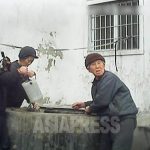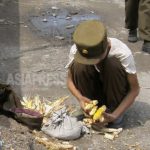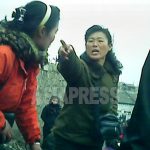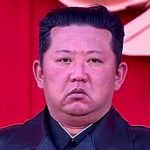■ Pyongyang and state institutions also affected
At the end of April, I had a chance to talk to a trade institution executive stationed in China about the effects of the sanctions on the wealthy class of Pyongyang. The person did not mention any specifics but it seems that the consequences have been significant.
"Trade still remains paralyzed. We are unable to get authorization even if we submit the export documents to the Chinese (customs) authorities. Even renewing visas for resident employees has become difficult.”
--- There was word that the restrictions were lifted after the meeting between Kim Jong-un and Chinese President Xi Jinping (March 27).
"It’s only a rumor. Nothing has changed. Coal and metals are not being traded at all. Chinese traders are refusing to accept proposals on dispatching (North Korean) workers or toll processing (sending raw materials to North Korea to be manufactured and returned to China as finished products)."
--- Has life for the common people become more difficult?
"No. Despite their difficulties, the lower class have always managed to survive by running their businesses and will continue to find a way to do so. The ones having the hardest time are the upper-class people. Most of their income came from trade. They are in trouble now that the money is gone. If the government cannot solve these economic problems, the wealthy will grow unhappy and there may be grave consequences.”
Moreover, the sanctions have also affected the military. Due to the shortage of foreign currencies and surge in fuel prices, there are increasingly more military units that cannot operate vehicles to transport soldiers and materials and instead utilize coal-fueled cars or ox carts. Also, the treatment of officers is getting worse and it is common for their wives to start businesses.
Next page: Will Kim Jong-un give up his nuclear weapons?...

























